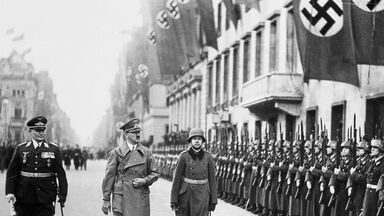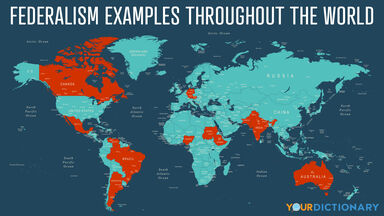Germany Definition
jûrmə-nē
germanies, germanys
pronoun
The country in Central Europe of which Berlin is the current and historical capital city. Current official name: Federal Republic of Germany (Bundesrepublik Deutschland).
Wiktionary
(countable) A or the German state at a particular time.
The Germany of his children was not the Germany of his forefathers.
One Germany faded and another emerged.
Wiktionary
Other Word Forms of Germany
Noun
Singular:
GermanyPlural:
germanies, germanysRelated Articles
Find Similar Words
Find similar words to Germany using the buttons below.





